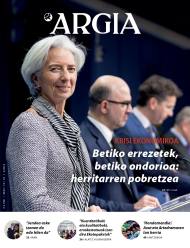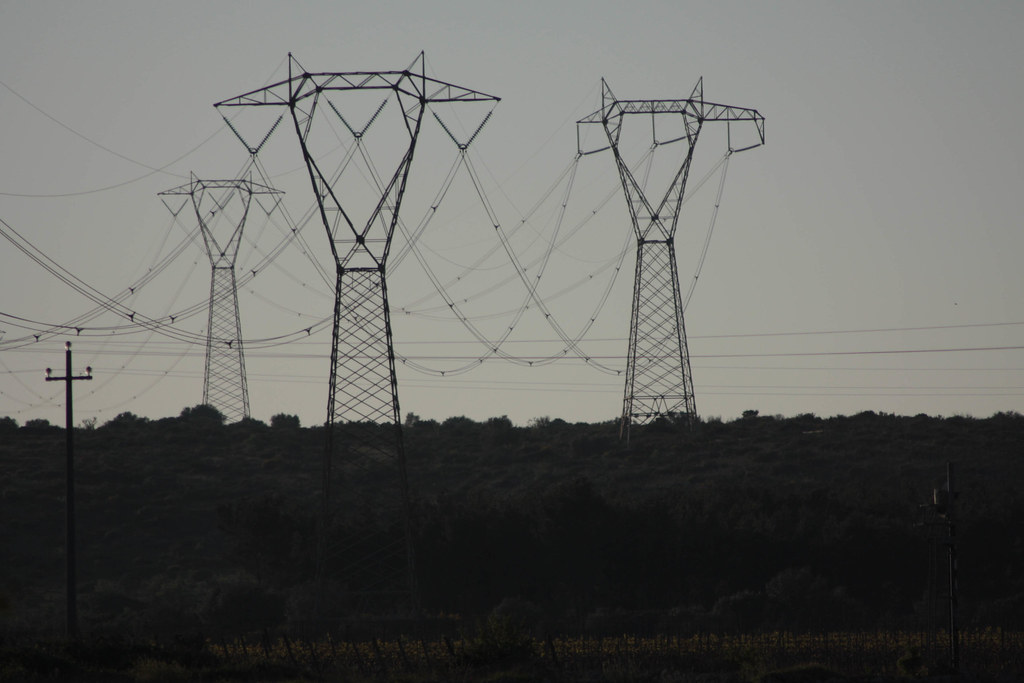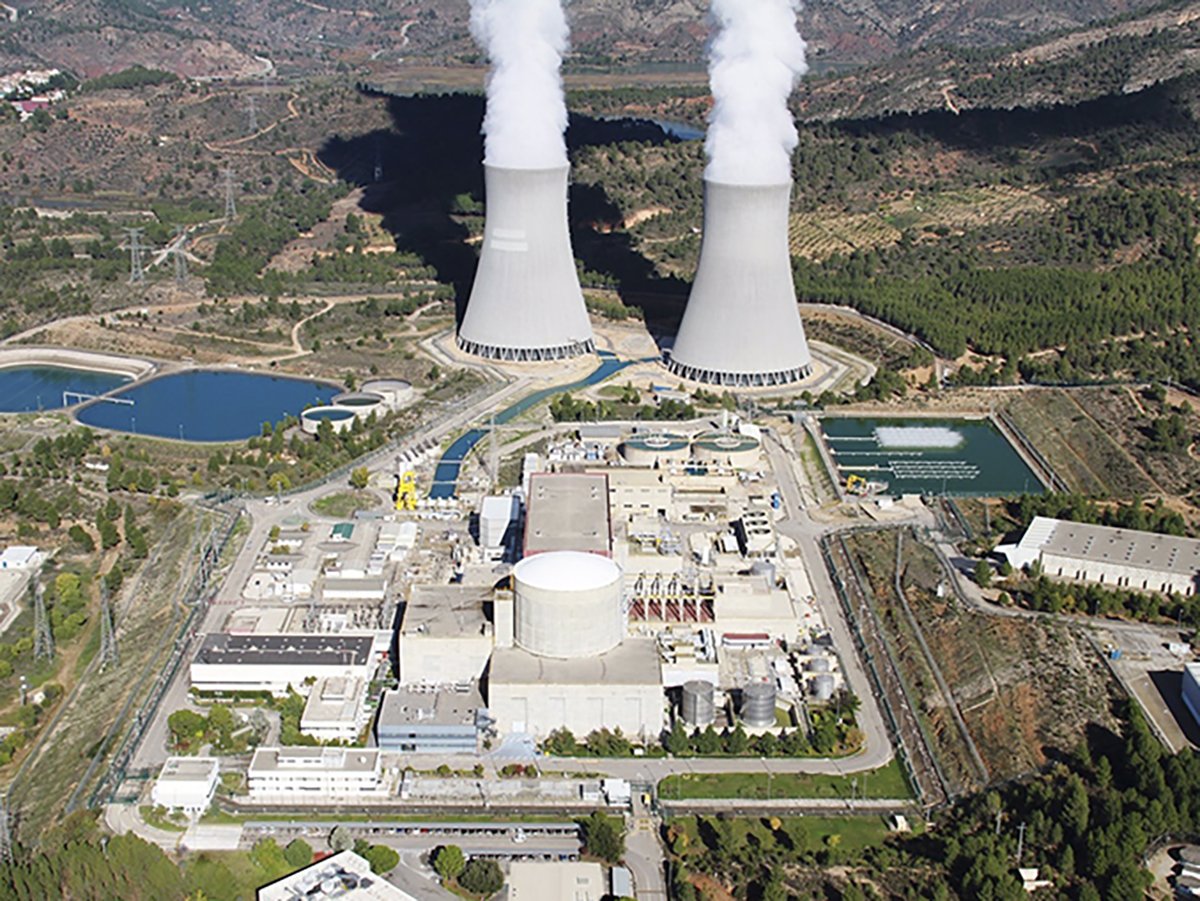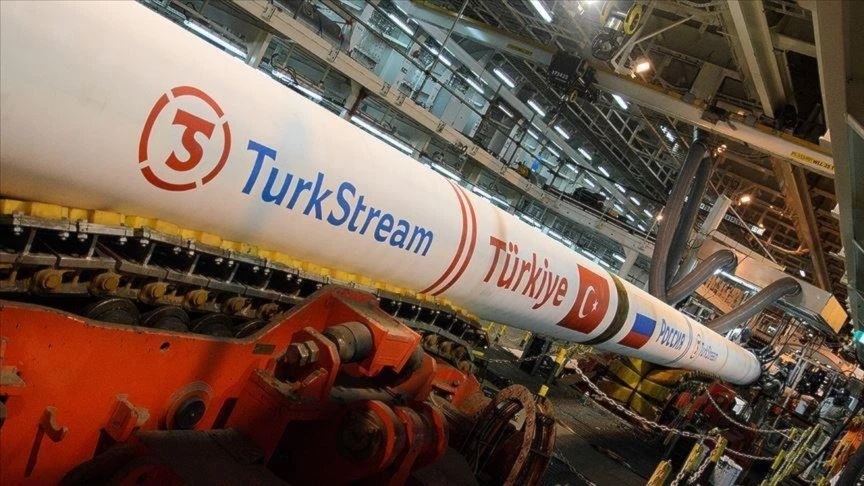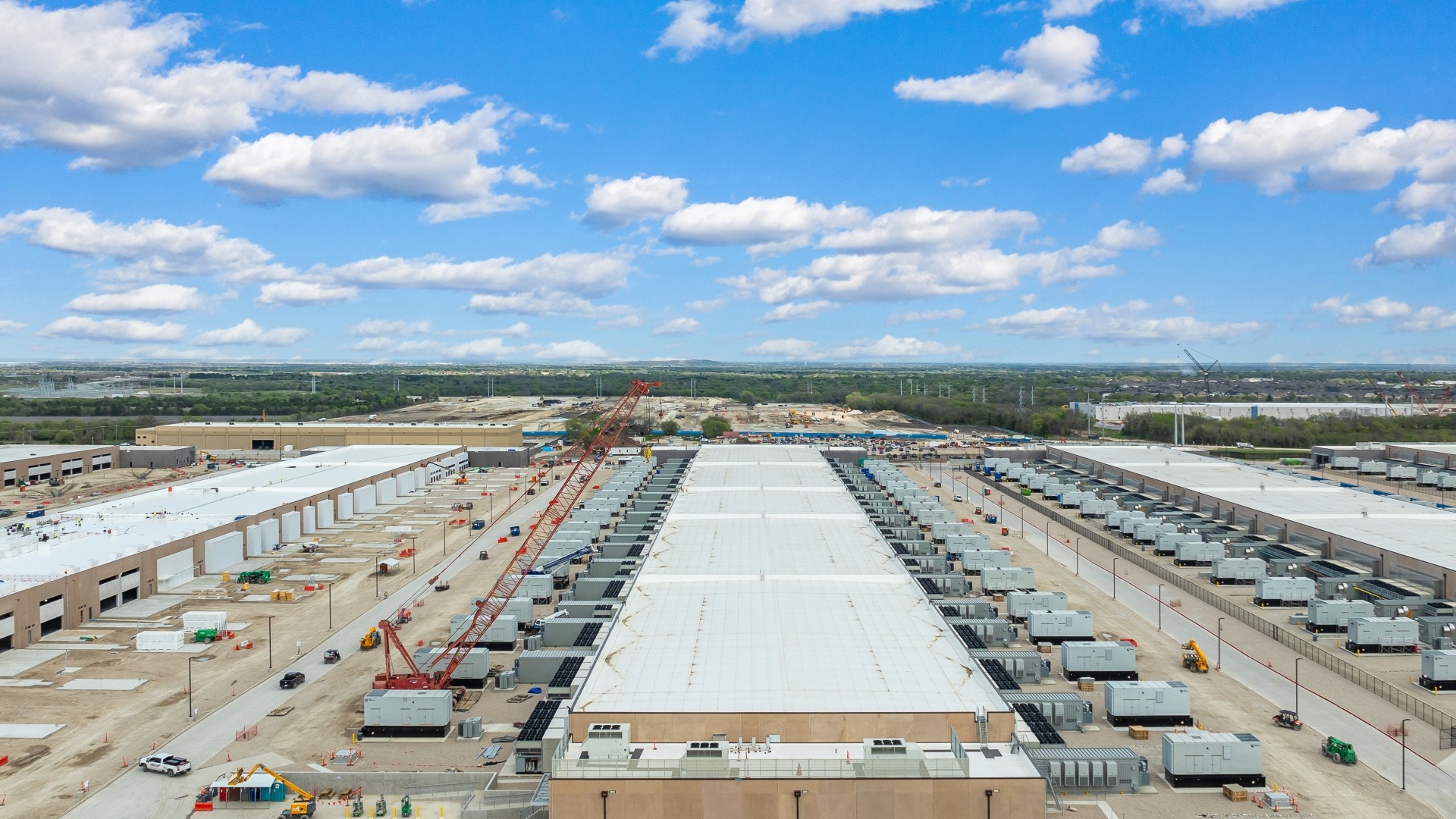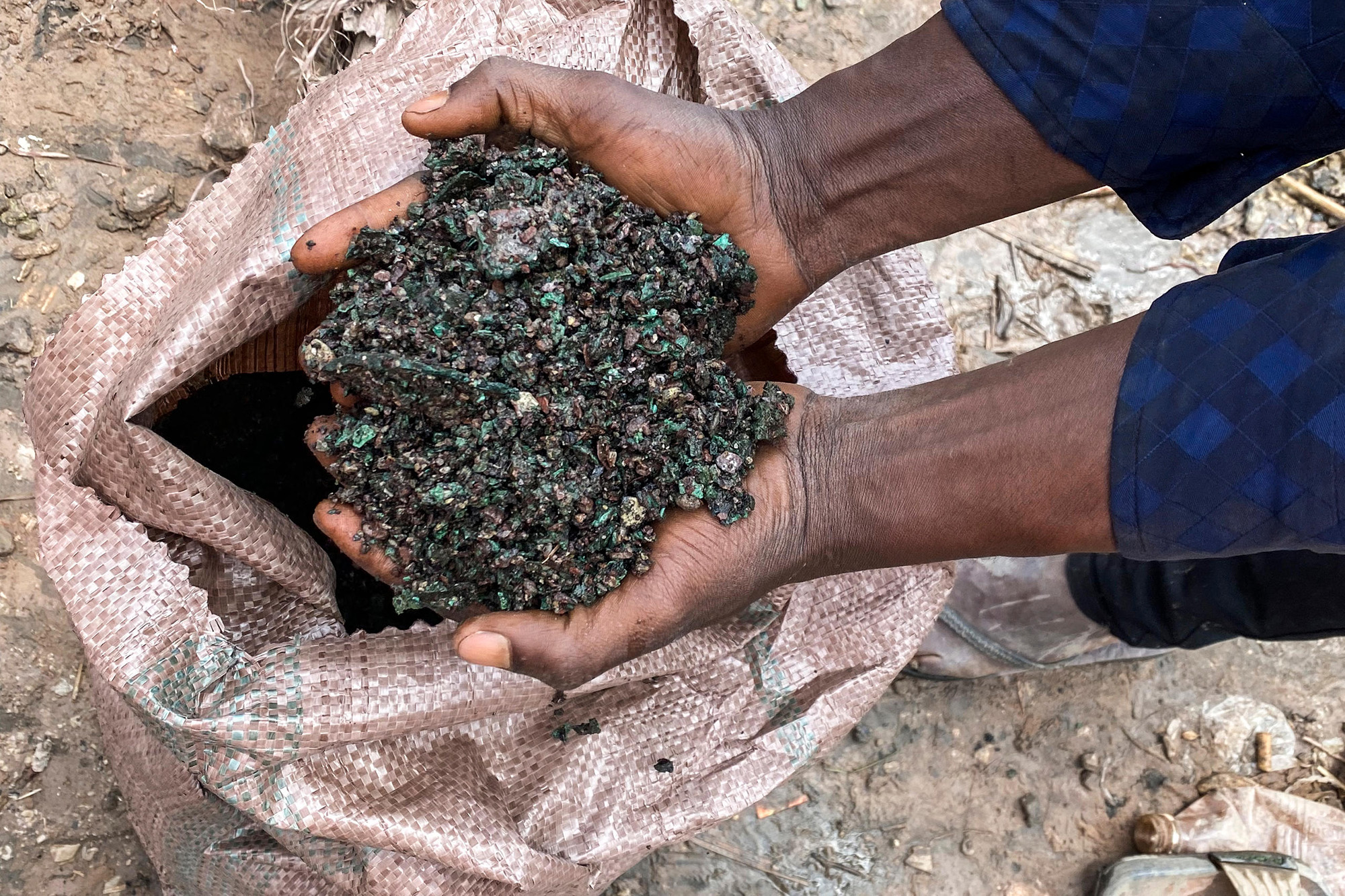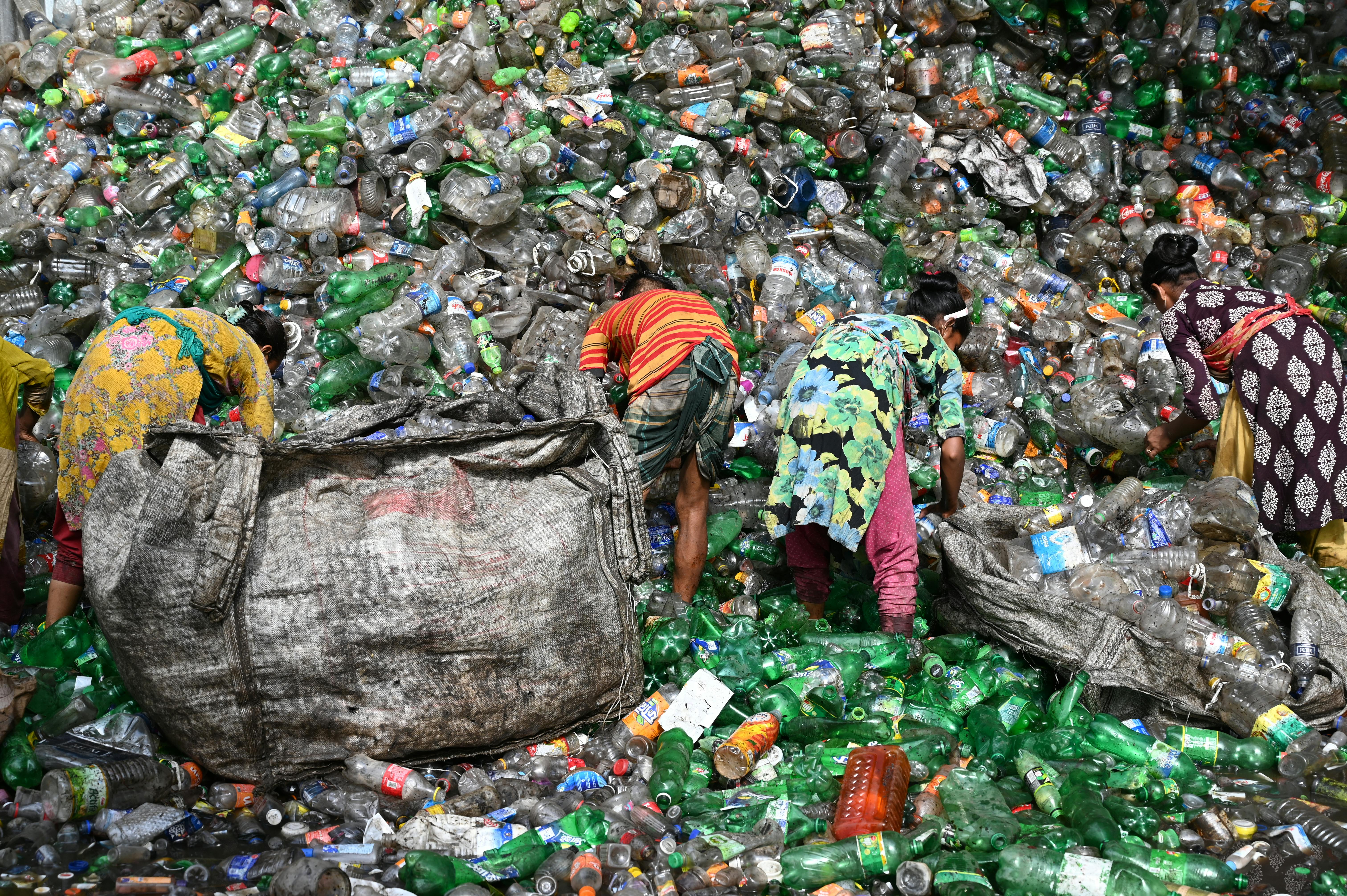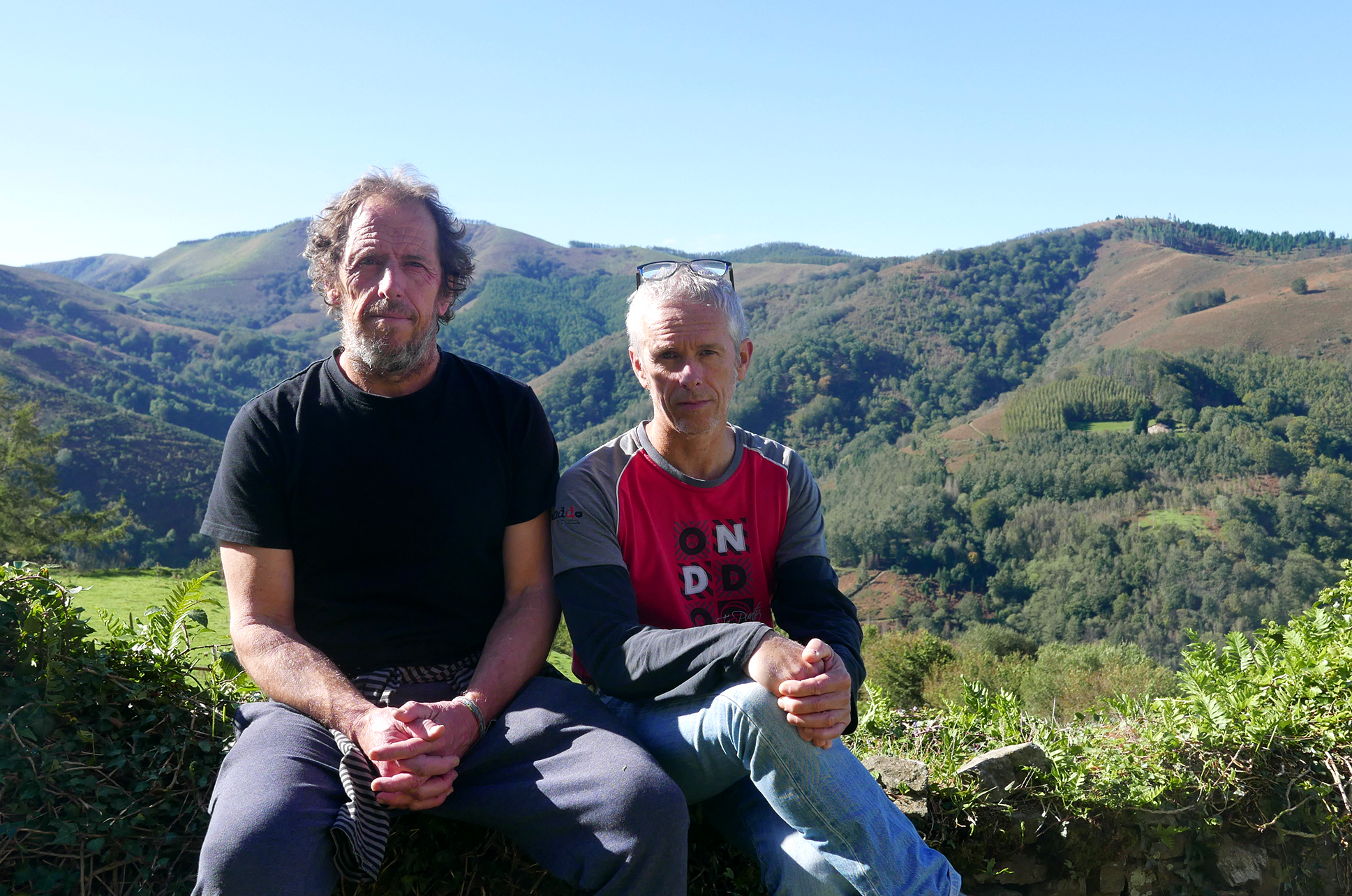Despite the breakdown of Tanzania and Uganda, the company Total continues in the logic of the past
- The French multinational Total Energies and the Chinese CNOOC China National Offshore Oil Corporation in Tanzania and Uganda, in Africa, are looking for a huge "carbon bomb" with 400 indigenous oil extraction wells and 1,443 km of heated oil pipeline for export. They plan to extract at least 190,000 barrels of oil a day. For years, known citizenship and international institutions have not paralysed opposing movements. They did not get excited and signed the agreement in February. A new study published on 5 October by several NGOs has denounced the tone of colonialism in this tendency to exploit the resources of remote regions.

The cover of 2,793 was for extractivist mega projects called "carbon bomb". An apocalyptic environment, disaster and pain, both in hand. The French multinational Total Energies and the Chinese CNOOC China National Offshore Oil Corporation perfectly represent the reality of this term in Uganda and Tanzania, Tilenga oil extraction infrastructure and Eacop oil pipelines for resource transport.
They want to drill 400 wells around Lake Albert to extract at least 190,000 barrels of oil a day. This is a huge amount that would lead to a different pollution: it would emit 34 million tonnes of CO2 a year, equivalent to six times that of the people of Uganda.
This carbon pump brings the world's longest heated oil pipe, which would be heated to 50 degrees because oil needs to fluidify to be transported. An infrastructure of 1,443 kilometres across Uganda and Tanzania, exceeding 16 natural reserves and destroying the habitats of some animals that are about to disappear on their way, affecting other citizens, fauna and flora.
What this infrastructure entails is enormous, and we cannot think that these multinationals are being made on their territory, in France and in China, the project is so destructive. First, the outsourcing and displacement of the population derived from the construction of the infrastructure: 100,000 people must leave their homes or grounds. This will increase hunger, as hundreds of indigenous families are earning their land for cultivation.
The Non-Governmental Organization Les amis de la terre has published Un cauchemar nommé Total ("A Nightmare Called Total") or this 5 October has published Eacop, the voie du désastre ("Eacop, the Path of Disaster") to realize how these landfills, which do not have to have information, do not have to be false. Basically, Eacope and Tilenga concluded that on 15 September the European Parliament voted on the resolution denouncing the "violation of human rights". "Arrests, acts of intimidation and prosecutions against human rights defenders and non-governmental organisations" is what the institution denounces. However, despite being a significant statement, it does not oblige companies to anything. Calls on the French multinational to take a "one-year space" to address other renewable energy projects and to investigate the "feasibility of another route" ("preservation of protected ecosystems and their water resources").
The rivals are trying to deny the draft on the basis of legislation: on 12 October he will be tried before the Total Energies court in Paris – when this Net Cerca is written it is not yet past and you cannot tell how he defended his multinational.
Biodiversity. It is another of the victims. A third of the wells are built in the Murchinson Falls area, protected since 1926, and in addition to the wells and pipelines, other means of transport are carried out. During the works the trucks would make about 600 displacements a month and then, between wells and wells, 2,000 displacements. The tanker would also cross the Nile River linking the Albert and Victoria lakes. They will take advantage of lakes water, 9 million cubic liters per year, and the same happens when millions of people have a drinking water reserve to survive. The oil tanker will pass through Lake Victoria, the second world reserve of fresh water and water supply of 40 million inhabitants, and about 200 streams.
The oil tanker will traverse Lake Victoria, the second world reserve of fresh water and water supply of 40 million inhabitants, and about 200 streams
Ecologist Bill Mc Kibben summarizes this: monkey poop When it arrives in Tanzania, oil will be transported by boats of up to three football fields, between mangroves and coral reefs, water filled with turtles and dugons."In the event of an accident, whether by spill, fire, that is, it is not difficult to imagine
the mass it would cause. However, the project is advanced and Total Energía signed in February a $10 billion deal with the two States and the Chinese CNOOC. Sixteen years after the oil reserves were produced, the dream of the companies has materialized and they want to finish the works by 2025.
Although it does not directly reward the projects, Eacop and Tilenga, a term that designates France’s colonial position with Africa, strike Françafrique. As proof we have the letter from French President Emmanuel Macron to Yoweri Museveni Uganda. "In me you can count on France's investors and know-how to address you, and to increase France's presence in Uganda," you can read in the letter of May last year. Although the heads of state and the multinationals do not recognise this, many activists name the exploitation of natural resources with a specific word: we are still in a colonialism that never ended.
“External debts are used as levers to force their natural
resources and crops to be used for
export” Nicolas Sersiron
When the debt cannot be returned, it is obliged to extract
Many localities in the Southern Hemisphere are forced to devote their crops and natural wealth to the north of the world when international financial structures cannot return subsidies. Nicolas Sersiron in Dette et extractivisme ("Debt and Stractivism") explains in detail the relationship between debt and extraction: The day after the decolonization process initiated after the Second World War, rich countries began to guide lending policy to maintain dependence and dependence on the poorest countries of the South.
"External debts have never benefited citizens and are paying for their sweat. Worse still, they are used as levers to allocate their natural resources and agricultural production to export. 'If you can't pay, paint the soil, the debt has to be paid.' The debt that began in the 1970s and 1980s cannot be paid by the poorest countries in Africa. In this context, they are forced to formulate austerity policies and to make crops and natural resources available internationally. Moreover, the money that can be invested in local development must necessarily be used for the payment of the debt. Tanzania and Uganda are the poorest and most indebted countries in view of Total Energies and CNOOC: 25.537 million dollars of external debt for the first and 17.206 million dollars for the second. That's why Sersiron says we need to keep talking about "colonialism." Worse, he recalls that at first the colonizing countries were asking about loans to build the infrastructures of the occupied lands, and then, although they did not ask anything, they had to pay the African independent peoples.
Today, he says that multinationals have enormous power, and that only then can we understand the position of continuing with carbon bombs: "Because of their financial power, voters can buy, they can guide legislation in their favour; they can set up a policy that enriches them, always to the detriment of humanity and nature." The target set at the COP15 climate summit will not be met by the construction of carbon pumps – global warming of 1.5 or 2 degrees. A few days ago we learned that Coca-Cola is going to be one of the main sponsors of the COP27 Summit: too much power is left to the multinationals and we will not reverse the climate emergency.
Energiaren Nazioarteko Agentziak (IEA) astelehenean argitaratutako txostenaren arabera, %2,2 igo da energia eskaria 2024an aurreko urtearekin alderatuta, besteak beste, egiturazko arrazoi hauengatik: beroari aurre egiteko argindar gehiago erabili beharra, industriaren kontsumoa... [+]
Eusko Jaurlaritzak eta Arabako Foru Aldundiak Datu Zentroen instalazioei ateak irekitzen dizkiete horiek arautzeko legedia sortu aurretik. Bilbao-Arasur Dantu Zentroarekin, bere lehen fasea gauzatuta, eta instalatzea amesten duen Solariaren Datu Zentroarekin, 110.000 m2... [+]
Espainiako Estatuko zentral nuklearrak itxi ez daitezen aktoreen presioak gora jarraitzen du. Otsailaren 12an Espainiako Kongresuak itxi beharreko zentral nuklearrak ez ixteko eskatu zion Espainiako Gobernuari, eta orain berdin egin dute Endesak eta Iberdrolak.
The Centre Tricontinental has described the historical resistance of the Congolese in the dossier The Congolese Fight for Their Own Wealth (the Congolese people struggle for their wealth) (July 2024, No. 77). During the colonialism, the panic among the peasants by the Force... [+]
The update of the Navarra Energy Plan goes unnoticed. The Government of Navarre made this public and, at the end of the period for the submission of claims, no government official has explained to us what their proposals are to the citizens.
The reading of the documentation... [+]
Environmental activist Mikel Álvarez has produced an exhaustive critical report on the wind macro-power plants that Repsol and Endesa intend to build in the vicinity of Arano and Hernani of the region. In his opinion, this is "the largest infrastructure of this kind that is... [+]









